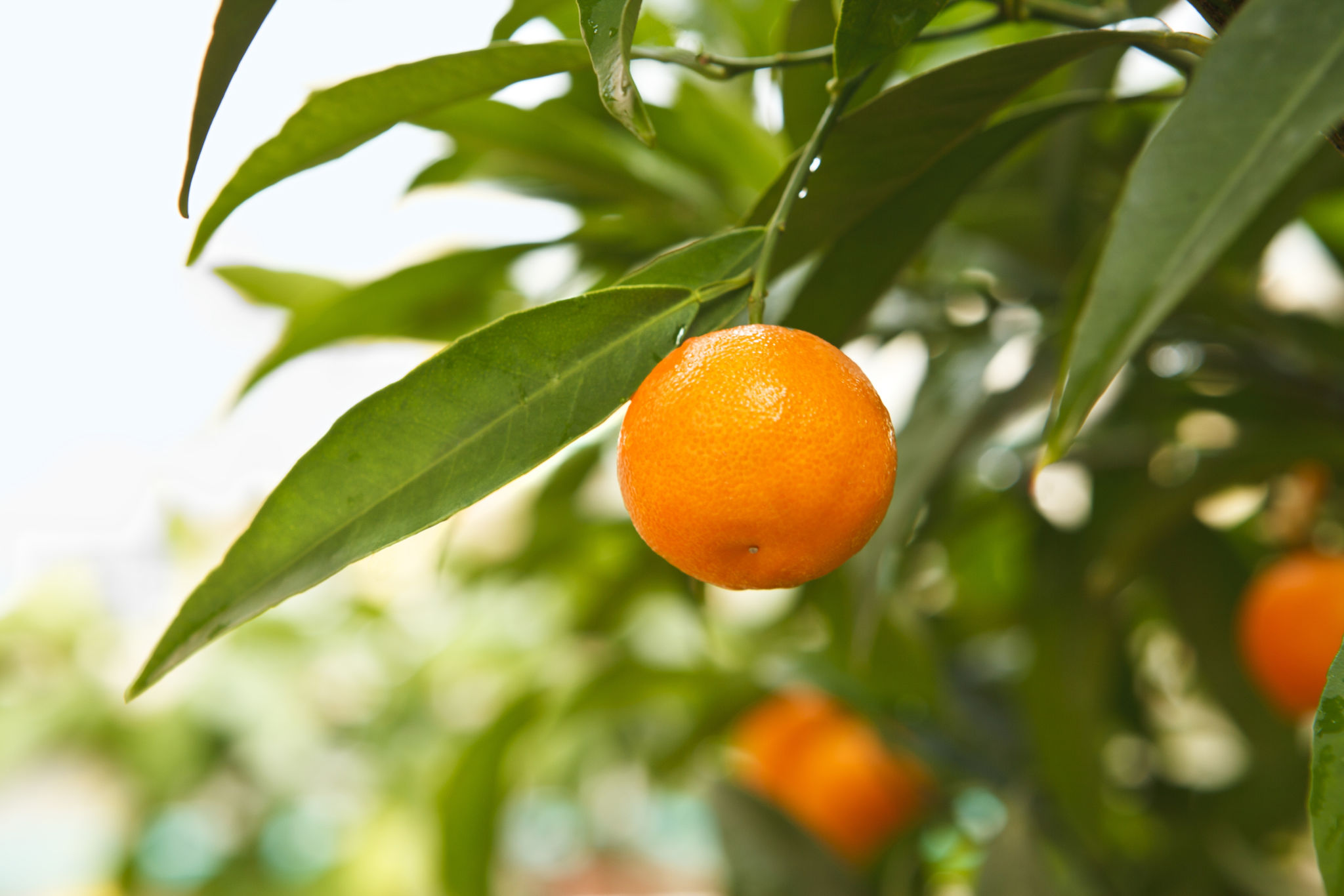Navigating Florida's Agricultural Regulations: A Guide for Ocala Farmers
Understanding Florida's Agricultural Regulations
Operating a farm in Ocala, Florida, involves navigating a complex web of agricultural regulations. These regulations are designed to ensure food safety, environmental protection, and fair trade practices. For farmers, understanding these rules is crucial to maintaining compliance and avoiding potential fines or legal issues.

Florida's agricultural laws are influenced by both state and federal guidelines. The Florida Department of Agriculture and Consumer Services (FDACS) plays a significant role in overseeing these regulations, focusing on areas such as pesticide use, livestock management, and crop production. Familiarity with the FDACS guidelines is essential for every farmer in the region.
Registration and Licensing Requirements
One of the first steps for Ocala farmers is to ensure that they have the necessary registrations and licenses. This process includes obtaining a farm registration number and any relevant permits for specific activities such as water usage or pesticide application. Farmers must renew these licenses periodically and stay updated on any changes in requirements.
Additionally, farmers dealing with livestock might need specific permits related to animal health and welfare. It's important to check the FDACS website regularly for updates on licensing requirements and procedures.

Pesticide Application Regulations
Another critical area for Ocala farmers is the use of pesticides. Florida has strict regulations concerning the application of pesticides to protect both human health and the environment. Farmers must be certified as private applicators, which involves passing an exam administered by FDACS.
The proper use of pesticides also requires maintaining detailed records of pesticide applications, including the type of pesticide used, application dates, and weather conditions during application. These records are subject to inspection and must be readily available upon request.
Water Management and Conservation
Water is a precious resource in Florida, and managing it responsibly is a top priority. Farmers must comply with water management regulations, which include obtaining permits for irrigation and adhering to water conservation practices.

The St. Johns River Water Management District governs water usage in Ocala and offers resources to help farmers implement effective water management strategies. By employing efficient irrigation systems and monitoring water usage, farmers can contribute to the sustainable use of this vital resource.
Complying with Environmental Standards
Environmental protection is a core aspect of Florida's agricultural regulations. Farmers are required to follow best management practices (BMPs) that minimize environmental impact. These practices cover areas such as soil conservation, waste management, and nutrient application.
Participating in BMP programs not only helps in compliance but may also provide benefits such as cost-sharing opportunities and technical assistance. It's crucial for farmers to remain proactive in implementing environmentally friendly practices on their farms.

Staying Informed and Engaged
Finally, staying informed about changes in agricultural regulations is key to successful farming in Ocala. Farmers should regularly attend workshops, training sessions, and seminars offered by FDACS and local agricultural organizations.
Joining local farming groups or cooperatives can also provide valuable networking opportunities and keep farmers updated on industry trends. By remaining engaged with the farming community, Ocala farmers can better navigate the regulatory landscape and ensure their operations thrive.